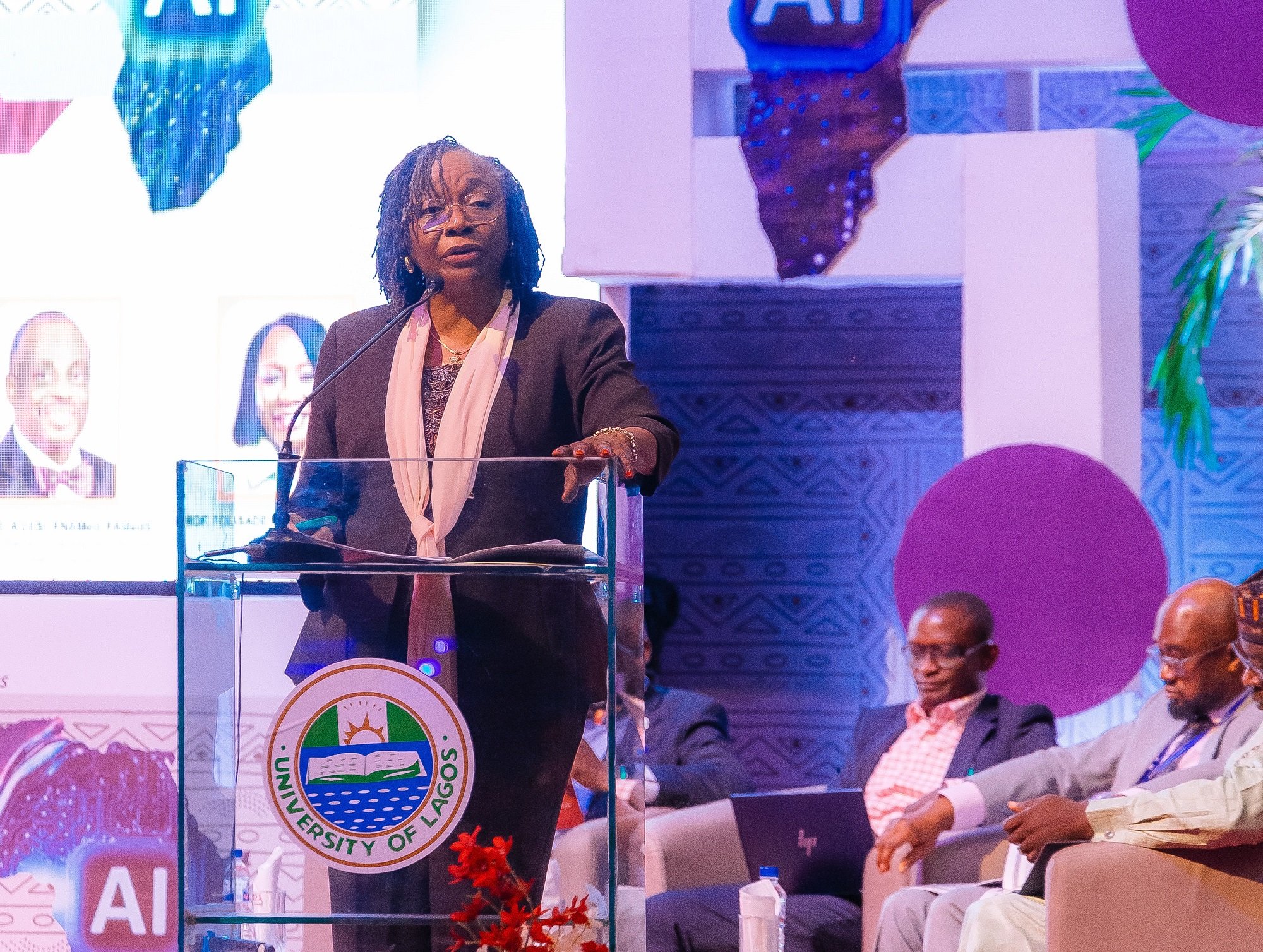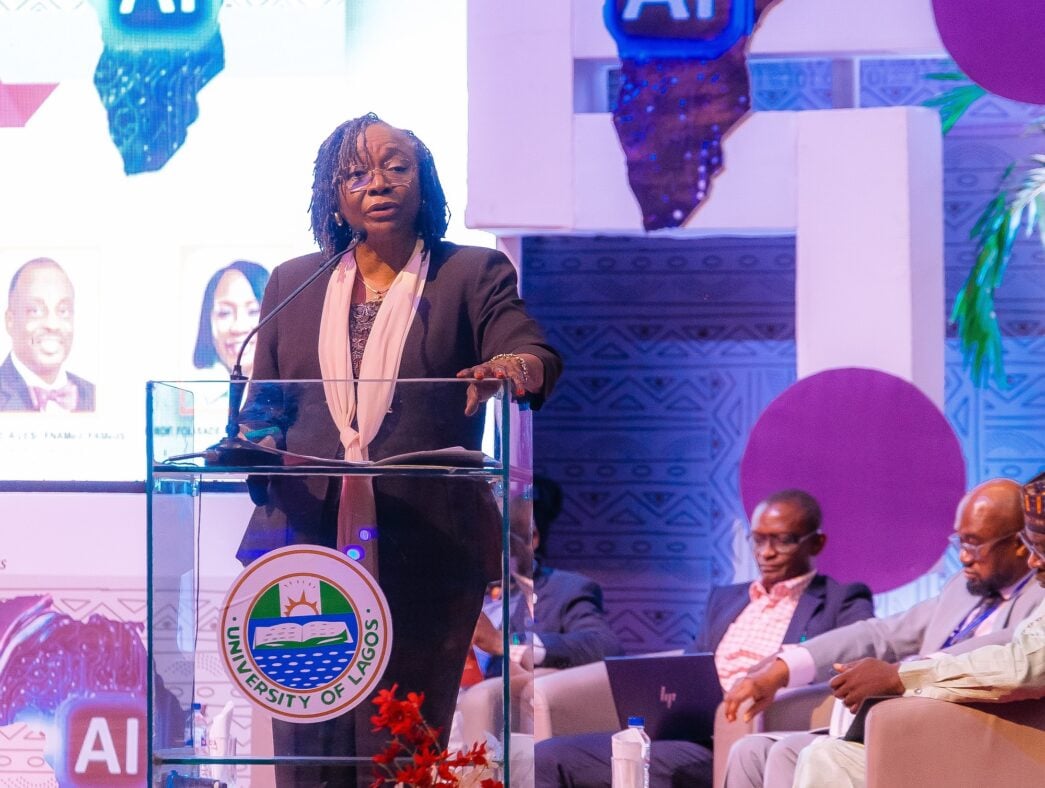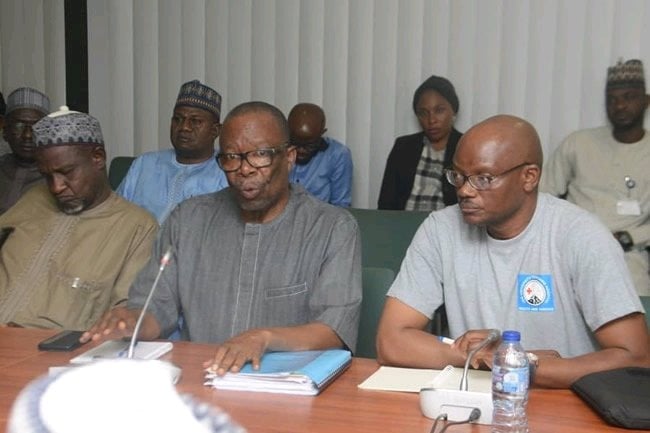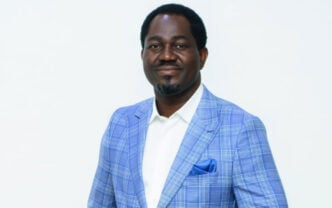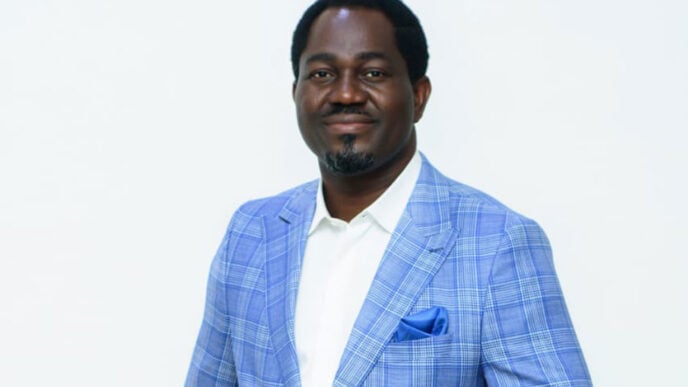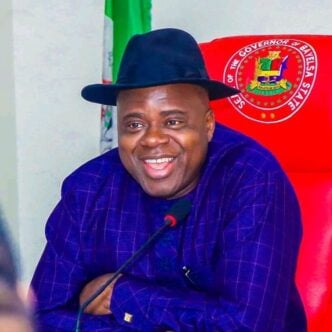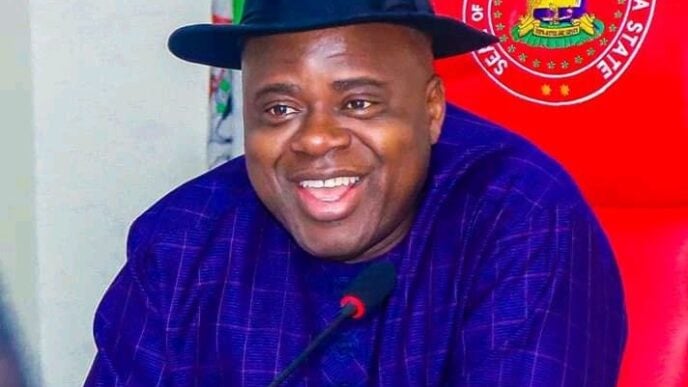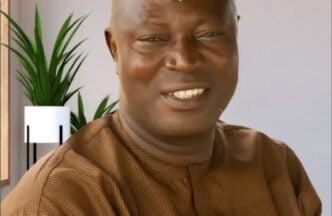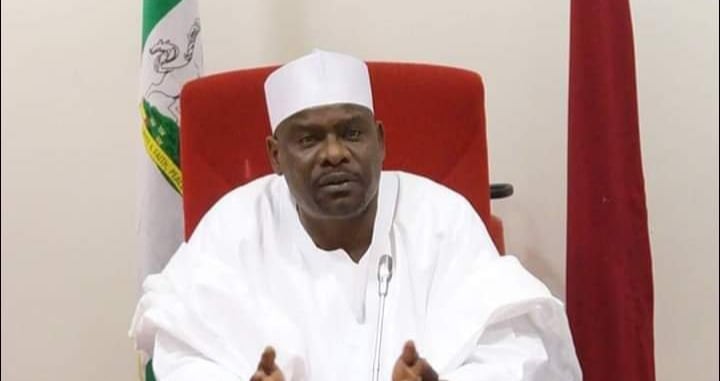UNILAG VC Folashade Ogunsola
Folashade Ogunsola, the vice-chancellor of the University of Lagos (UNILAG), says equitable partnerships are essential for Africa to harness the full potential of artificial intelligence.
The professor, who spoke at the commencement of the university’s fifth international week on Tuesday, said equitable partnerships will drive inclusive development across the continent.
At UNILAG’s J.F. Ade Ajayi Auditorium, Ogunsola said the theme of its 2025 event is “Equitable Partnerships and the Future of AI in Africa.”
She said the event was to provide a platform for universities, governments, and industry leaders to rethink collaboration in the age of technological transformation.
Advertisement
The professor said AI should not be viewed as a futuristic concept but as a present reality that offers Africa an opportunity to leap over development challenges in education, health, governance, and other critical sectors.
Ogunsola noted that Africa’s partnerships in AI must be built on mutual respect and shared growth.
“For AI to truly serve Africa, the foundation must be equitable partnerships,” she said.
Advertisement
“We must have collaborations rooted not in charity, but in co-creation, mutual respect, and shared prosperity. Africa cannot remain a passive consumer in the AI revolution; we must become active contributors and builders of contextually relevant solutions.”
The vice-chancellor said that UNILAG is committed to advancing AI-driven innovation through research and interdisciplinary learning that reflects both global standards and African realities.
She said the institution has attracted over $28 million in research funding through international collaborations and continues to build academic and industry partnerships that empower students to solve local problems using technology.
Ogunsola cited examples of student-led innovations that birthed an AI diagnostic tool designed to function with poor internet connectivity and a maternal health solution that works in rural areas with unstable power supply.
Advertisement
“These are not adaptations of Western technologies,” she said.
“They are homegrown innovations that meet our needs. Solutions that the West will need to study.”
The UNILAG VC noted that Africa still faces a skills gap among graduates, particularly in areas like critical thinking, adaptability, and ethical reasoning.
These skills, she said, are crucial in an AI-driven world, adding that the university is taking deliberate steps to ensure that students not only learn to use AI but also understand its ethical and social implications.
Advertisement
Ogunsola stated that partnerships between African and international institutions should ensure equitable knowledge exchange and respect for local insights.
“The future of AI in Africa cannot be built without Africans,” she said.
Advertisement
“Our innovation offers solutions the world needs. Africa’s young minds, nearly one billion of them, are daring to dream, build, and lead. The future of AI is in Lagos, Nairobi, Accra, Cairo, and Johannesburg.”
Keynote speaker Emmanuel Lubanzadio, Africa Lead at OpenAI, announced the establishment of Africa’s first OpenAI academy in UNILAG.
Advertisement
Lubanzadio said the initiative will provide free courses and training opportunities to help individuals and startups across the continent harness AI tools for innovation and problem-solving.
“The OpenAI Academy can be accessed by everyone globally,” he said.
Advertisement
“It offers free courses on diagnostics, product development, and how startups can use AI to scale. What makes this exciting is that UNILAG will host the first OpenAI Academy in Africa, starting tomorrow.”
He noted that Africa’s innovation story in AI mirrors the success of the continent in fintech, where local solutions inspired global adoption.
“Some of the examples I’ve seen are so unique, you won’t find them anywhere else in the world,” he said.
The OpenAI Africa lead said that solutions developed in Africa can serve as models for solving global problems, adding that it will be an equaliser for Africa if access is improved.
Lubanzadio said the partnership between Open AI and the university marks a significant step in supporting local talent and innovation.
“This is quite powerful. Having facilitators, leaders, and students here shows that Nigeria and Africa are taking an important role in shaping the global AI conversation,” he said.
Other dignitaries at the event include Bosun Tijani, minister of communications, innovation, and digital economy.
He was represented by Olubunmi Ajala, director at the National Centre for Artificial Intelligence and Robotics.
Also at the event was Yvonne Ike, MD/head of sub-Saharan Africa at the Bank of America.
